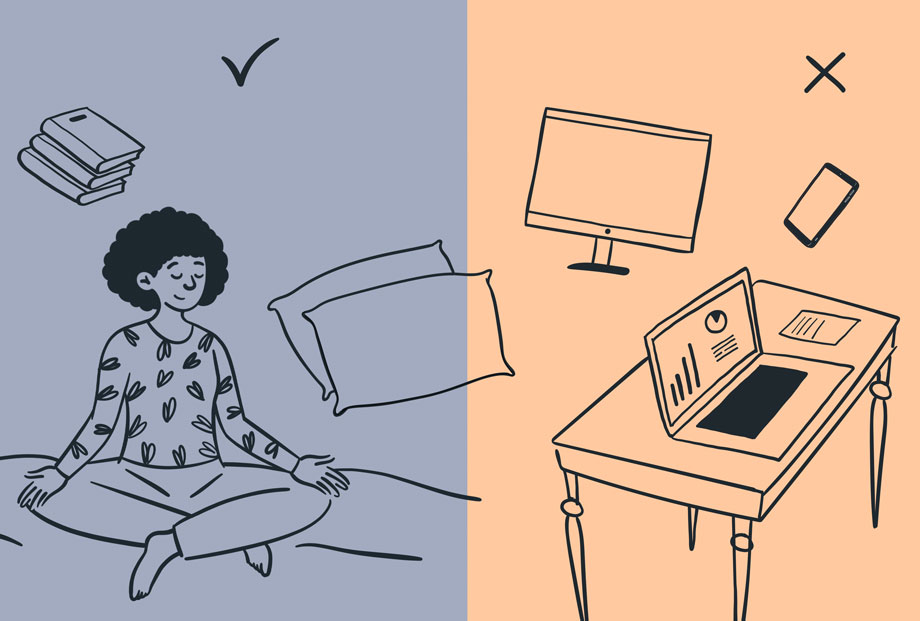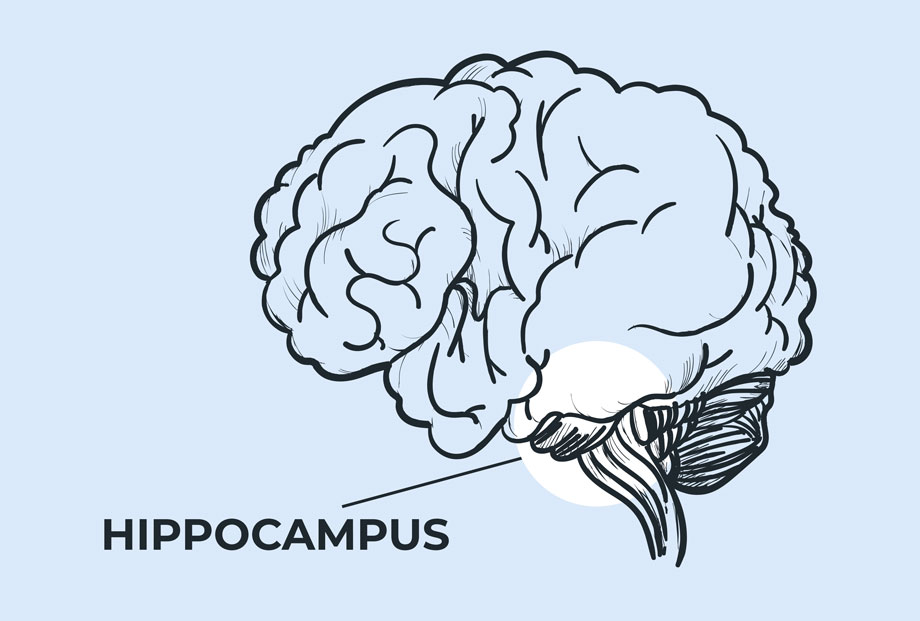Sleeping at College: Dorm Essentials and Sleep Tips
Disclosure: By clicking on the product links in this article, Mattress Nerd may receive a commission fee at no cost to you, the reader. Read full disclosure statement.
Sleeping at College: Dorm Essentials and Sleep Tips
College is a time of change for many young adults. For some, it’s their first time away from home, which can bring along a new set of challenges — especially when it comes to sleeping in a dorm. Creating a comfortable and relaxing space to live, work, and rest is essential for setting yourself up for success during this transition. Investing in good quality sleep products, along with following a few simple tips, can greatly improve the quality of your sleep so you can perform your best in the classroom and make the most out of this exciting new time.
Importance of Getting Enough Sleep as a College Student
According to the National Sleep Foundation, college students typically need about 7 to 8 hours of sleep per night to feel rested and alert the next day. Good sleep habits can improve skills needed for school, like increased retention of new information, the ability to concentrate, quick recall, and an improved immune system response. Conversely, a lack of sleep — especially if it’s habitual — can have detrimental effects on one’s ability to think clearly, remember new information, concentrate, react, and could increase your chances of getting sick.

Tips for Getting Good Sleep in College
- Create a calming sleep environment: Although there are many factors you can’t control while living in a dorm room, try to keep your room cool, quiet, and dark at night. Ideally, keep your room between 65 and 68 degrees, use black out curtains and an eye mask to make the room as dark as possible, and use a sound machine, like the Hatch Restore, to help block out external noise.
- Make sure your mattress and pillows are comfortable and supportive: Good quality sleep can also be linked to what you’re sleeping on — like the quality of your mattress, bedding, and pillows! While most dorms come with a mattress, you can upgrade the overall feel of your bed by adding a mattress topper, investing in soft sheets, and getting a pillow that correctly corresponds with your body type and sleeping position.
- Keep your space tidy: Clutter can be distracting and stress-inducing. Make it a habit to keep your room organized so that you can feel calm and comfortable prior to sleep.
- Develop a pre-bed routine: Creating a consistent schedule to follow every night will help your body feel better prepared to rest. Some tried and true examples include taking a hot shower, reading, journaling, or practicing calming breathing techniques.
- Don’t use electronics an hour before bed: Exposure to blue light close to bedtime can affect our melatonin production. Melatonin is the “sleepy” hormone that’s produced in our pineal gland in our brain in response to darkness. It regulates our circadian rhythm, and helps our body figure out when it’s time to be awake and when it’s time to be asleep.
- Be careful about taking naps: You don’t want to be taking long naps during the day or you could mess up your sleep at night. If you feel the need to take one, make it short, ideally 20-30 minutes, so you don’t affect your ability to fall asleep at night and get quality, consistent sleep.

The Connection Between Sleep and Learning
According to a study done by two MIT professors, there is a strong relationship between students’ grades and how much sleep they’re getting. Specifically the consistency of their sleep habits, not just the quality of sleep the night before a big exam. Their findings suggest that the less students slept during the semester, the worse their grades were. Leading us to assume that students perform better when they’re well rested. Like we briefly touched on earlier, getting 7 to 8 hours of sleep a night helps improve attention, memory recall, and the ability to retain new information. So what happens during sleep that causes all of these benefits?
We go through four stages of sleep, and it’s divided into two sections: Rapid Eye Movement (REM) and NREM (Non REM). Each cycle brings about different bodily actions, and it typically repeats four to six times per night. During REM sleep, which makes up about 20-25% of the sleep cycle, energy restoration of the brain and body occurs. It allows for the brain to process memories from the day prior and prepares it for decision making the following day. If you are getting less than six hours of sleep a night, you’re depriving your brain from being able to restore and reset, which will affect not only your grades, but many other facets of your daily life.
Common Sleep Disruptions
All this to say, students face many internal and external factors that can affect their ability to get good quality rest. Students report that stress is the most common reason they have trouble getting sleep at night. Anxiety is another huge factor that can inhibit one’s ability to relax or calm the mind prior to bed. Plus, stimulants like medication, alcohol, or nicotine can make falling asleep at a reasonable time difficult, and can even disrupt quality of sleep.
Realistically, it’s inevitable that stress from school work, anxiety about a big exam or a personal relationship, along with socializing or treating a medical diagnosis are all a part of college life. We can’t get away from these things. But, recognizing how these disruptions affect our bodies can help us find an appropriate balance that is sustainable in everyday life. For example, limit alcohol intake and make sure to stay hydrated when consuming it. Alcohol is a sedative that can lead you to wake up frequently throughout the night and reduce REM sleep. So be aware that drinking multiple nights throughout the week can affect your quality of sleep overtime.
Lastly, another common sleep disturbance example among college students are all-nighters. According to a study that appeared in the Journal of Adolescent Health, 20% of students surveyed stay up all night at least once a month, and 35% stay up until 3 a.m. at least once per week. The stress and anxiety of finishing an assignment or trying to study as much information the night before a test can be more detrimental than beneficial. We covered the effects of depriving yourself of sleep, and to recap, it can inhibit your brain from actually retaining any information and just leave you feeling groggy and without the ability to think clearly and concentrate on the exam itself. You’re better off getting a good night’s sleep, a full 7-8 hours, and then going to take the test off of your prior knowledge, than staying up all night cramming and depleting your brain and body of the energy it needs to focus.
Conclusion
College is an exciting and challenging time. It’s a place to learn, grow as a young adult, meet new people, and expose yourself to opportunities. Make the most of this time by taking care of yourself and prioritizing sleep. Your brain and body will thank you for it.
